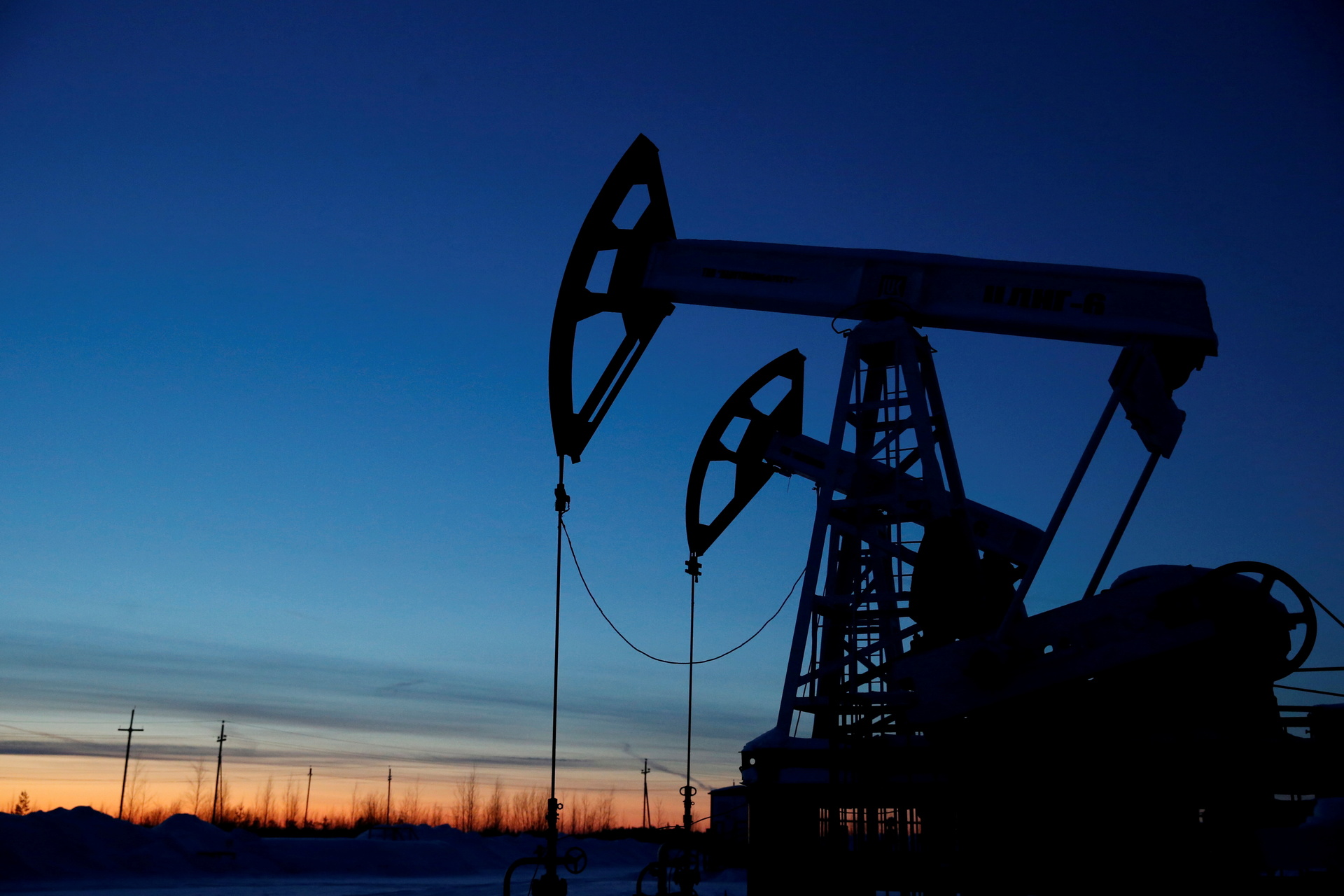On Monday, August 16, world oil prices fell markedly during global trading.
So, the cost of raw materials of the benchmark Brent at the moment fell by more than 3% and fell to $ 68.25 per barrel.
According to analysts interviewed by RT, one of the reasons for the decline in oil prices was the growth of political tension in Afghanistan. Earlier, the Taliban * launched a large-scale offensive against the background of the withdrawal of the US and NATO armed forces from the country. In the course of hostilities, the Taliban took control of the capital, Kabul, and seized the presidential palace. Mohammad Naim, a spokesman for the movement, announced the end of the war on August 16.
“The situation in Afghanistan heightens the uncertainty among investors.
Although the change of power is now relatively mild, traders have questions about how the international community will accept the new power, and how long the Taliban will not take any unexpected steps.
This situation undermines the demand for risky assets in the markets, including oil, which negatively affects their value, ”said Janis Kivkulis, lead strategist at Exante, in a conversation with RT.
Although at the moment Afghanistan is not an oil exporting country, there are reserves of raw materials on the territory of the state, the exploration of which is carried out by foreign specialists.
First of all, we are talking about Chinese corporations that were working on the search for deposits before the change of regime, Natalya Milchakova, deputy head of the Alpari information and analytical center, told RT.
“According to various estimates, about 0.6-1.5 billion barrels of oil are concentrated in Afghanistan, the development of which has not yet begun.
Under the previous government, the Chinese state corporation CNPC received a license for their exploration.
But now it is not known whether the company will continue to operate in the country, which causes additional anxiety among investors and negatively affects the cost of futures supplies of raw materials, ”the analyst emphasized.
In addition to the geopolitical factor, the OPEC + agreements to stabilize the energy market play in favor of a temporary decrease in quotations.
Alexey Korenev, an analyst at the Finam Group of Companies, told RT in an interview about this.
Recall that the OPEC + agreement includes 23 oil-producing countries, including Russia.
As part of the deal, governments temporarily restrict the production of raw materials to achieve a balance between supply and demand in the global hydrocarbon market.
Such a policy should keep oil prices from sharp fluctuations.
During the last meeting on July 18, the members of the alliance agreed to increase oil production by a total of 400 thousand barrels per day on a monthly basis.
At the same time, the term of the agreement itself was extended until the end of 2022.
“The compromise of the oil-producing countries removed the uncertainty and the risk of the collapse of the deal.
In addition, agreements to increase production volumes provoked an increase in supply in the market, which led to a natural decrease in the cost of raw materials on trading floors, ”the expert noted.
Moreover, the situation around the coronavirus pandemic continues to influence the global energy market.
This opinion was expressed in a conversation with RT by an analyst at Freedom Finance, Sergei Pigarev.
According to him, the introduction of new quarantine measures to combat the spread of COVID-19 significantly reduces the dynamics of movement of the population and goods, which reduces the demand for petroleum products.
“In particular, there is a decrease in the consumption of raw materials from China, which is the largest oil importer in the world.
Against this background, the quotes are noticeably sagging, ”the expert noted.
Reuters
© Sergei Karpukhin / File
According to the latest estimates of the International Energy Agency (IEA), by the end of 2021, global oil demand will grow by 5.3 million barrels per day.
At the same time, back in July, the organization's specialists predicted an increase in the indicator by 5.4 million barrels per day.
Experts changed their assessments amid new quarantine restrictions that were introduced by a number of Asian countries, key importers of energy raw materials.
“However, the current risks of new lockdowns due to the epidemic have already been priced in.
Moreover, vaccination of the world's population is carried out quite quickly, which should increase the global demand for raw materials.
Against this background, we expect the return of Brent oil closer to $ 80 per barrel by the end of 2021, "Vitaly Gromadin, senior analyst at BCS World of Investments, said in an interview with RT.
At the same time, rather high oil prices can provide significant support to the Russian budget, experts say.
Recall that in 2020, due to the collapse of oil prices and the sharply increased government spending on the fight against the pandemic, treasury expenditures exceeded revenues by more than 4 trillion rubles.
However, already in 2021 the budget may be executed with a surplus, Natalya Milchakova does not exclude.
“Russia's budget for 2021 is drawn up based on an average oil price of $ 43.3 per barrel.
Now the cost of the Russian Urals brand fluctuates in the range of $ 70-71 per barrel.
Therefore, it is possible to say with a high degree of probability that at current prices, by the end of the year, treasury revenues will exceed expenses, ”the analyst concluded.
* "Taliban" - the organization was recognized as terrorist by the decision of the Supreme Court of the Russian Federation of February 14, 2003.

